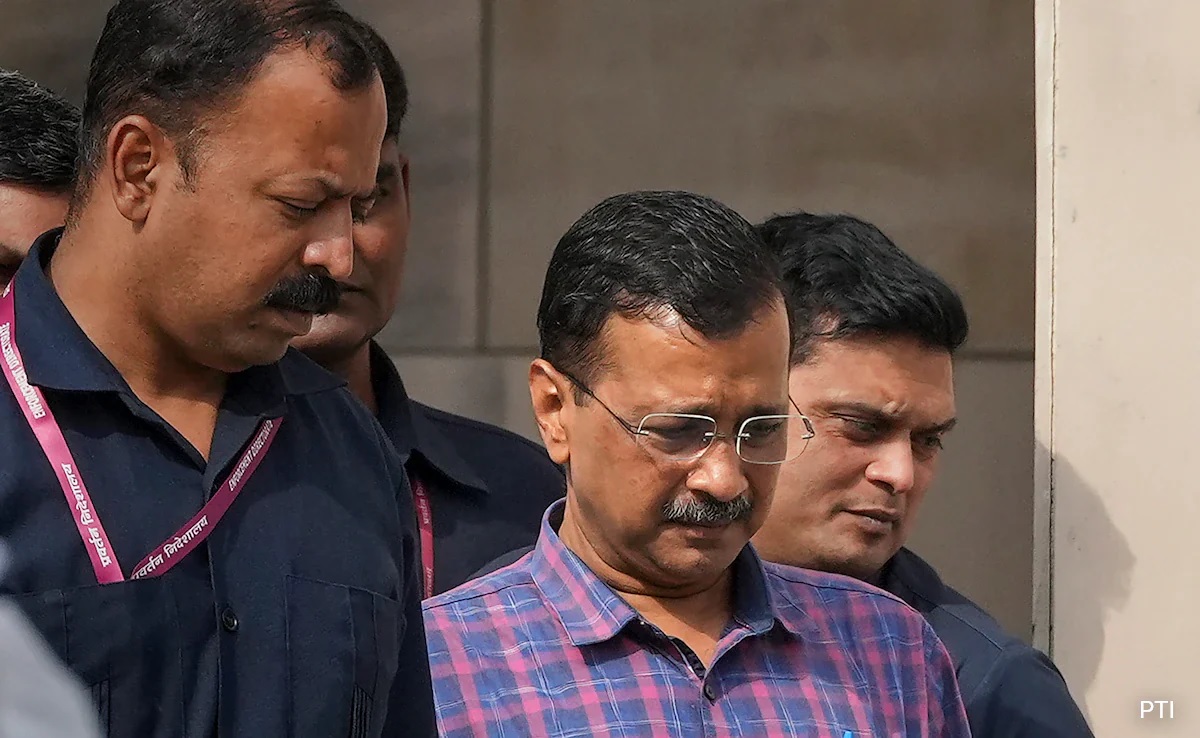In a significant development, the High Court has declared the government to be at a standstill following the arrest of Delhi Chief Minister Arvind Kejriwal. The court's ruling underscores the severe disruption to administrative functions triggered by Kejriwal's detention, raising pressing questions about governance and stability in the national capital.
The arrest of Arvind Kejriwal, a prominent figure in Indian politics known for his vocal advocacy and confrontational style, has sent shockwaves through the political establishment. As the head of the Delhi government, Kejriwal's absence has left a leadership vacuum, plunging the administration into a state of paralysis and uncertainty.
With crucial decisions and policy initiatives stalled indefinitely, the functioning of essential services and the delivery of public goods have been thrown into disarray. The ramifications of Kejriwal's arrest extend beyond mere administrative gridlock, casting a shadow over the government's ability to effectively respond to pressing challenges and crises facing the city.
The High Court's observation regarding the government's standstill underscores the gravity of the situation and the urgent need for resolution. In the absence of decisive action, concerns over governance and the welfare of Delhi's residents loom large, heightening anxieties and frustrations among the populace.
Kejriwal's arrest has ignited fierce debate and speculation, with political opponents seizing upon the opportunity to criticize his leadership and policies. Meanwhile, supporters of the Aam Aadmi Party (AAP) rally behind their leader, condemning what they perceive as politically motivated persecution.
As the legal battle surrounding Kejriwal's arrest unfolds, the fate of the Delhi government hangs in the balance. The High Court's intervention serves as a wake-up call for all stakeholders, urging swift resolution and a return to normalcy in the functioning of the administration.
In the corridors of power and on the streets of Delhi, the repercussions of Arvind Kejriwal's arrest reverberate, underscoring the fragility of governance and the imperative of upholding democratic principles. As the city grapples with uncertainty and turmoil, the need for swift and decisive action to restore stability and ensure effective governance has never been more pressing.

